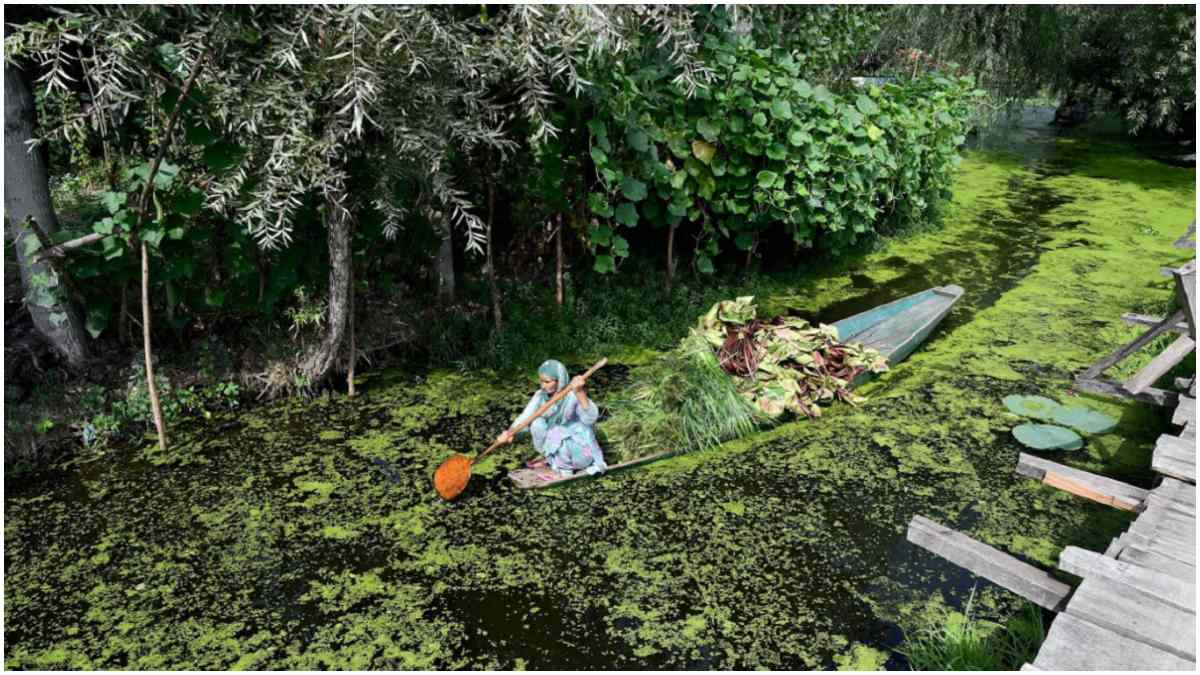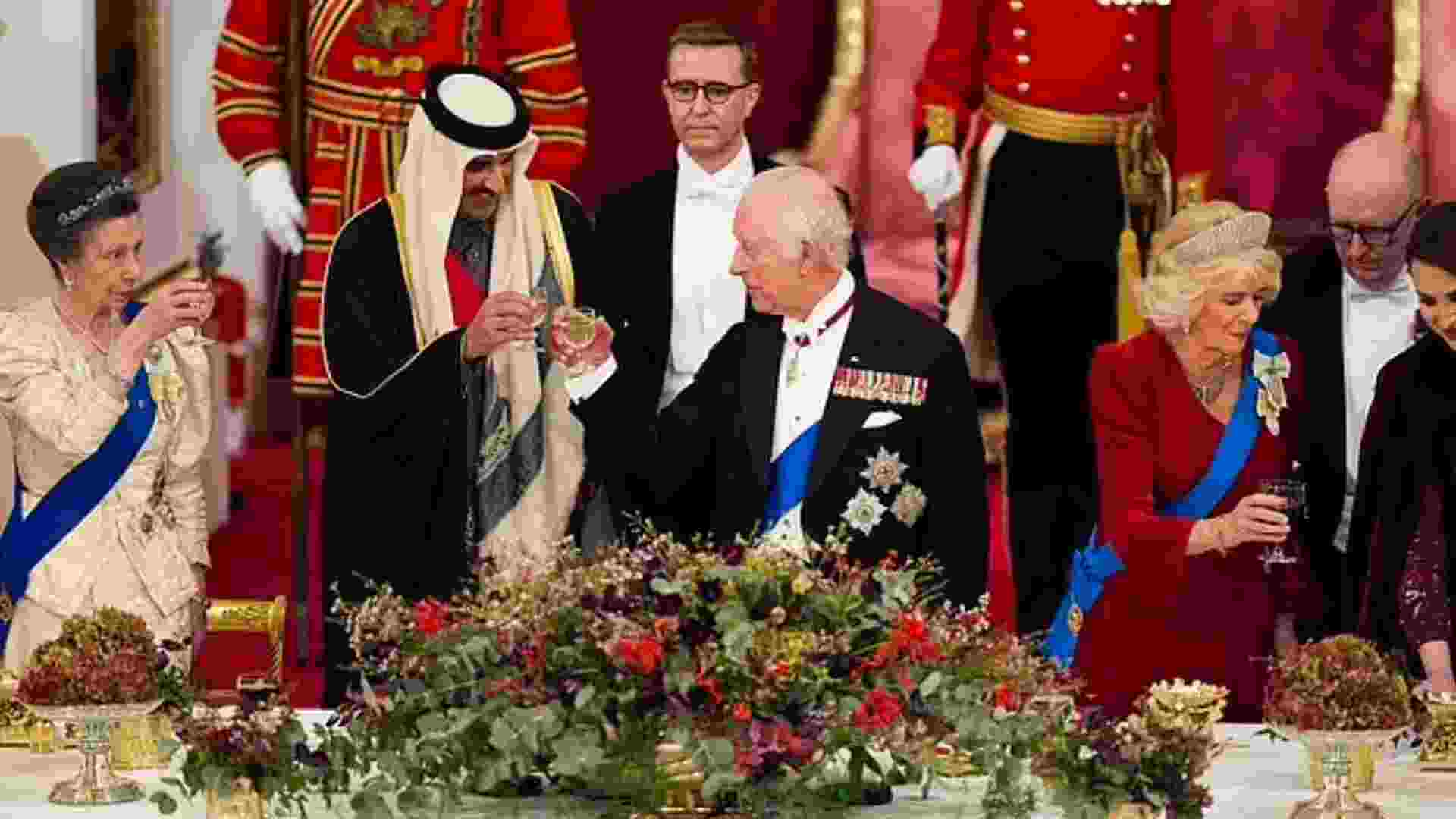


A year after scrapping Article 370 and the subsequent bifurcation of the erstwhile Jammu and Kashmir (J&K) state into union territories, it is pertinent to analyse the aftereffects of the same. The issue was seemingly falling into oblivion amidst the Covid-19 pandemic but it was partially and briefly resuscitated on 31 March when the Union Home Ministry notified the promulgation of the Jammu and Kashmir Reorganisation (Adaptation of State Laws) Order 2020 for the Union Territory.
After initial fumbling with the domicile requirements in the first order, the Union Home Ministry came out with a second order within three days which restored roughly the pre-amendment situation vis-à-vis employment. As things stand today, for eligibility to both gazetted and non-gazetted employment under the Jammu and Kashmir government, the applicant needs to fulfil the twin requirements of permanent residency and residency of the district/division.
What is worth mentioning is that while the first order made the domiciliary requirement mandatory only for the low rank jobs, the second order extended it to all posts. Practically barring all non-domicile/non-residents from obtaining a job under the J&K administration, even the dispossessed Kashmiri Pandits.
The domicile question
Article 370 and Article 35A played a crucial role in materialisation of distinctive Kashmiri identity. Article 35A, which empowered the state government to define the “permanent residents” of the state, along with Article 370, secured for the permanent residents a first and an exclusive right to all state’s resources and benefits.
With the Centre coming out with another set of presidential orders — first watering down the effects of Article 35A and then introducing a domicile rule which more or less restores the status quo, the domicile question has come back in a full circle. The matters which hold significance here are the domicile requirements for employment and the period of residency for being considered a permanent resident.
While domiciliary quota for employment under a state government is not unheard of, a blanket order which reserves all employment such as the one aforementioned is a peculiar case. The closest parallel can be found in Article 371D of the Constitution of India, which provides for reservation to a class of employment created exclusively for locals in the state of Andhra Pradesh. However, very recently a five-judge bench of the Supreme Court struck down the Andhra Pradesh government’s provision for 100% reservation for local tribes as constitutionally invalid.
It is interesting to see how the J&K domicile rules which harbour a similar spirit will survive judicial scrutiny. Also, the mandatory period of residence required for a person to be considered a permanent resident of Union Territory of J&K is also rather unusual. While most states of the Indian union require five to ten years of residence to be considered a domicile/residents, Jammu and Kashmir, both the erstwhile state and the newly formed union territory keep it at fifteen years. The recent orders leave it untouched.
Concerns have been raised, most pressingly by the local parties of Jammu and Kashmir, regarding the new domicile order as an attempt to bring about demographic change in the Union Territory. However, the domicile order can be validly construed as an attempt to address the long pending demand of the “unrecognised” residents of the erstwhile state with regard to right of public employment and property. It is pertinent to note that the new domicile order doesn’t throw open the gates for the Indian citizens at large. Rather, it attempts to broaden the beneficiary base for the ones who have resided/served in Jammu and Kashmir for the stipulated period of time. Besides, the claim of significant demographic change stands on weak ground as the number of people likely to benefit from the domicile order is too little to cause such an effect.
Walking the tightrope
The Union government’s aforementioned dilemma is symbolic of the broader struggle to strike a fine balance between nationalist pitch and local aspirations. The extension of all constitutional provisions to J&K was aimed at socio-economic-political integration with the rest of India. It seems sub-national interest developed and nurtured, under special status granted to erstwhile J&K state is there to stay and assert itself. Therefore, unsurprisingly, local units of the ruling BJP were at the forefront in the display of concerns and discontent with the domicile order. Interestingly, demand for justice voiced as the resettlement of Kashmiri Pandits has been one of the cardinal principles of the BJP’s politics since the late 1980s. However, the exclusion of dispossessed Kashmiri Pandits from the domicile rules for employment effectively closes a potent channel for resettlement.
Sub-nationalism based on local identity/aspiration is not new to the Indian republic. In a way, it reflects the diversity it encompasses. There are constitutional safeguards for preserving local interest/norms/culture in many states. The recent domicile order by reserving all government jobs for locals intends to further/safeguard subnational interests. An important dimension of J&K is the weaponisation of Kashmiri identity and involvement of external actors. This graduates sub-nationalism (for which there are constitutional provisions) into secessionism challenging India’s territorial sovereignty. Therefore, amendment to the domicile rule aimed at accommodating local sentiments is being criticised by the ones who supported amendments to Article 370 last year, on the grounds of impeding national integration. It is viewed as a dilution of the ruling party’s resolve/vision with respect to the relationship of the Union Territory of J&K with the rest of India.
The balancing act?
On the flip side, this shows that the ruling dispensation in New Delhi is cognisant of local needs. This highlights local electoral logic-induced tampering of the ideological pitch. It contradicts the motive of demographic change that was being attributed in the wake of constitutional amendments last year. In fact, the major demographic change that the erstwhile state of J&K has witnessed is the exodus of Kashmiri Pandits. A consequence of weaponisation of Kashmiri identity against the natives itself.
It could also be seen as a measured attempt at the partial dilution of the strict regimen of Article 35A. Previous arrangement had a ‘no-doors-open’ policy to anyone who was not a permanent resident. The new order does open a few windows to fill the gaps like making eligible West Pakistani refugees, Gurjars, Bakarwals, Valmikis, women marrying outside communities, displaced people, etc.
An important question to reflect is the trade-offs that the Indian State confronts in maintaining a fine balance between upholding over-arching constitutional obligations and accommodating local aspirations. This assumes special significance when local resentments find expression in terrorism aided by external actors. It can be argued that risking the tranquility in the Valley would open an additional front for the Government of India which is currently tackling Covid-19 coupled with Chinese transgressions. Therefore, it is imperative to keep in mind broader geopolitical calculus and constraints before boxing the recent backtracking on J&K domicile rules into a pro/anti framework.
Anurag Mishra is an LLM from Tata Institute of Social Sciences, Mumbai; and Paras Ratna is a research associate at Vision India Foundation, New Delhi.














